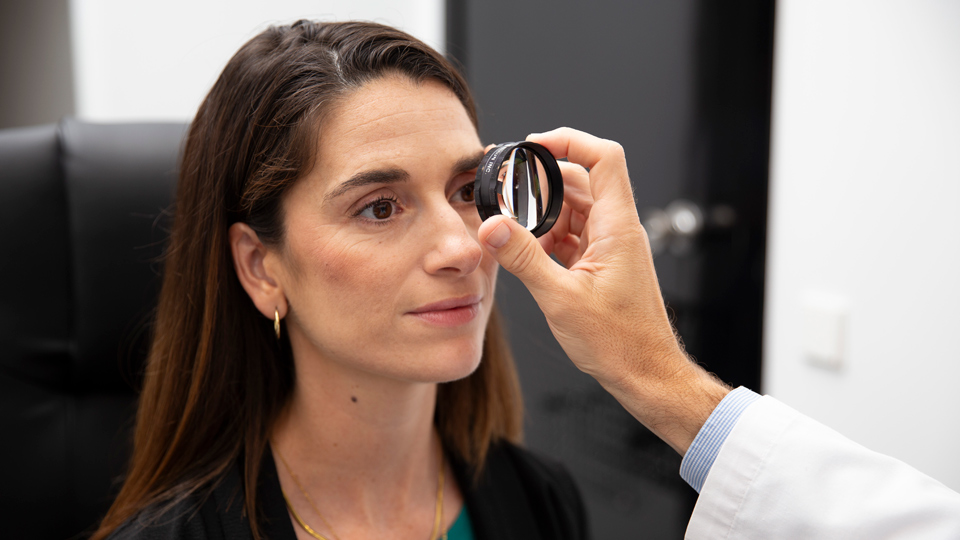29/05/2025
Why is it important to have an eye test?
Having regular eye examinations allows for the early detection of eye conditions and the application of timely treatment. Some key reasons to see an ophthalmologist include:
- Detection of silent diseases, such as glaucoma or macular degeneration.
- Correction of refractive errors (myopia, hyperopia, astigmatism, and presbyopia).
- Early identification of age-related visual problems, such as cataracts or diabetic retinopathy.
- Monitoring of vision in children, ensuring proper visual development.
Eye examinations in children: why are they essential?
Eye examinations in children are crucial for detecting visual problems that may affect their learning and development. Conditions such as lazy eye (amblyopia) or strabismus should be diagnosed early to ensure proper visual progress.
How often should you have an eye test?
The frequency of eye examinations depends on the patient’s age and risk factors. During childhood and adolescence, it is recommended to follow a specific schedule of eye checks to ensure proper visual development:
- Newborns: Initial evaluation by the paediatrician to rule out congenital abnormalities.
- At 2–3 years: First full eye examination, even if there are no symptoms, to assess eye health and possible refractive errors.
- From 2 to 8 years: Annual check-ups to detect and treat visual issues in time.
- From 8 years onwards: Check-ups every 2 years, depending on the presence or absence of eye conditions.
For adults, the recommended frequency is:
- Young adults (up to 40 years): Every 2 years if there are no visual problems.
- Over 40s: An annual eye test to prevent conditions such as glaucoma or presbyopia.
- Patients with risk factors: People with diabetes, high blood pressure, or a family history of eye diseases should have more frequent check-ups.
Symptoms that require a visit to the ophthalmologist
Although regular check-ups are essential, certain symptoms call for immediate attention:
- Blurred vision or difficulty focusing.
- Sudden partial or total loss of vision.
- Appearance of flashes, floaters, or halos in vision.
- Persistent eye redness or eye pain.
- Constant eye strain or visual fatigue.
How to prevent eye diseases
While some conditions are unavoidable, adopting certain healthy habits can help maintain good eye health:
- Protecting the eyes from UV radiation with proper sunglasses.
- Avoiding excessive screen time and keeping an appropriate reading distance.
- Following a diet rich in antioxidants such as lutein and zeaxanthin.
- Controlling systemic diseases such as diabetes and high blood pressure.
Eye examinations help detect and treat eye conditions before they cause irreversible vision loss. Having regular eye tests and appropriate follow-up care helps preserve good eye health over time.
Dr Anna Hermosa, ophthalmologist at the Barraquer Ophthalmology Centre
